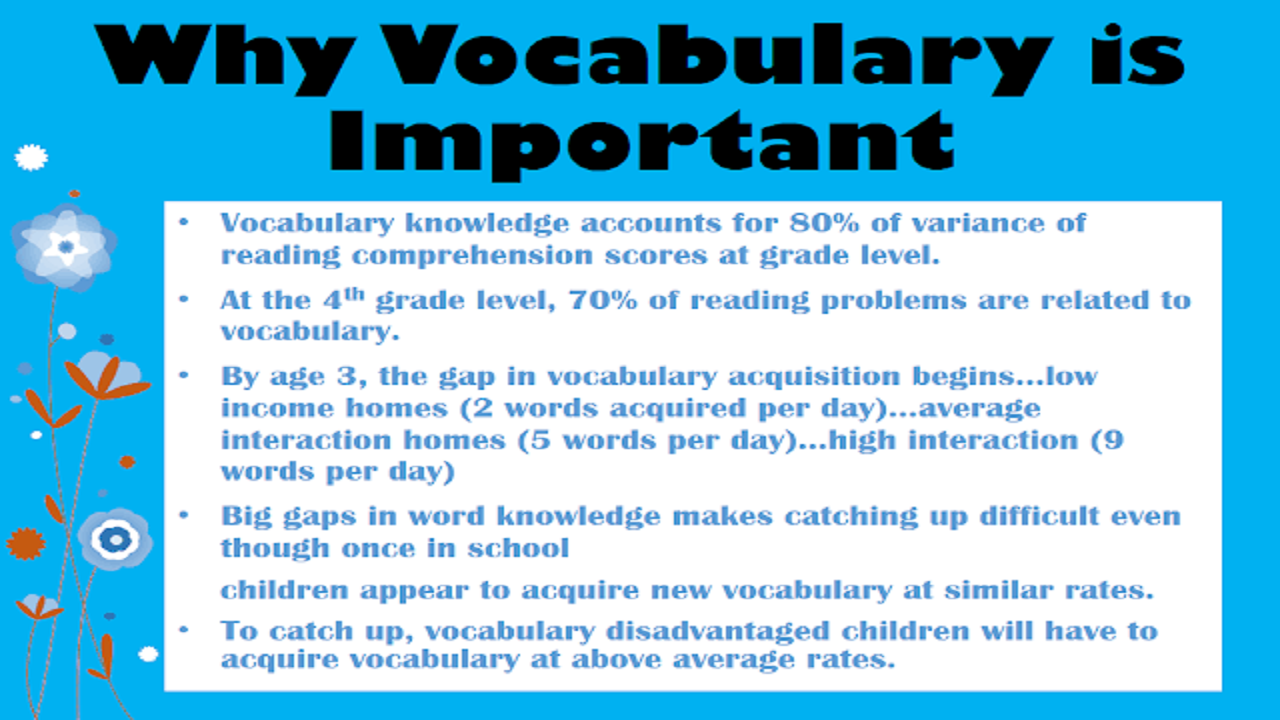
Words have an incredible power to shape our thoughts, emotions, and actions. Vocabulary, the collection of words we use and understand, plays a vital role in communication, education, and personal development.
Vocabulary refers to the entire range of words available to an individual or a language. It encompasses not only the words we actively use in our speech and writing but also the words we comprehend when reading or listening.
Having a rich and diverse vocabulary allows us to express ourselves more precisely and effectively. It enables us to convey our thoughts, ideas, and feelings with greater nuance, ensuring that our intended message is accurately understood by others.
Moreover, an extensive vocabulary enhances our ability to comprehend complex texts and engage in meaningful conversations. It broadens our horizons by exposing us to a wider range of ideas, cultures, and perspectives. Through words, we can connect with people from diverse backgrounds and foster empathy and understanding.
In the realm of education, vocabulary is a key component of literacy development. From early childhood, the acquisition of words and their meanings forms the foundation for reading, writing, and overall academic success. A strong vocabulary not only aids in comprehension but also improves critical thinking, problem-solving, and creativity.
Expanding our vocabulary is a lifelong process that requires curiosity, effort, and practice. Here are a few strategies to enhance your word power:
By investing time and effort in building our vocabulary, we equip ourselves with a powerful tool that can positively impact various aspects of our lives. From professional success to personal growth, words hold the key to effective communication and self-expression.
So, let us embrace the beauty and significance of words, for they have the ability to shape our world and leave a lasting impact on those around us.